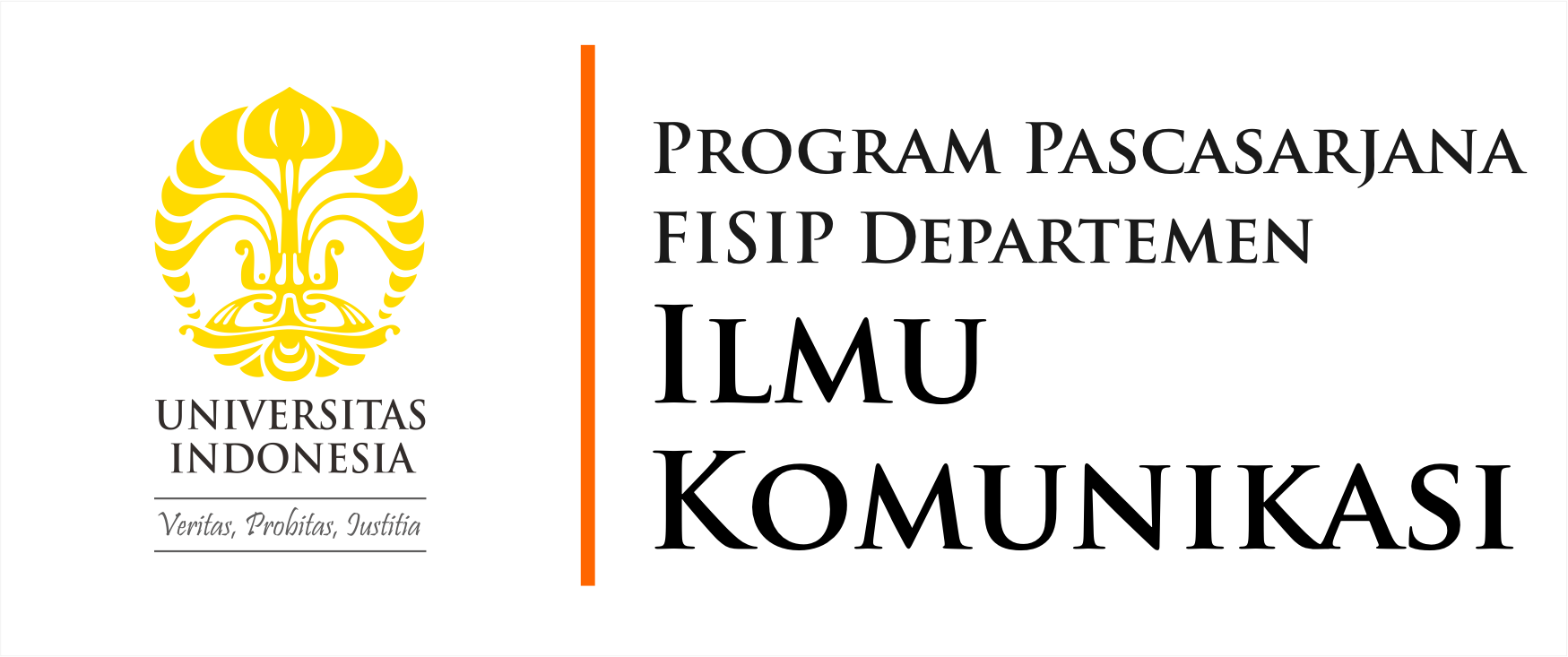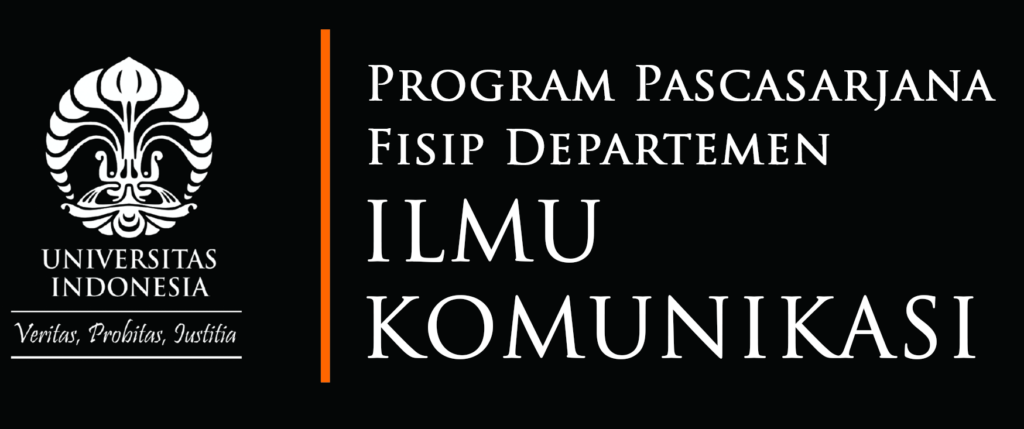|
Master’s Program Rank A |
8676/SK/BAN-PT/Ak-PPJ/M/I/2021 | January 12, 2026 |
About Master's Program (S2) Communication Science
Accreditation
National Accreditation Board for Higher Education (BAN-PT)
Profile
| Academic Degree: | MSi (Master of Science) |
| Class Type: | Regular and Special |
| Study Period: | 3-8 semesters |
| Number of credits: | 38 |
| Previous education: | Bachelor (S1) and equivalent |
The Master’s Program (S2) in communication sciences, University of Indonesia is one of the pioneers of the Master’s Program in Communication Sciences in Indonesia. The program has 5 concentrations:
- Media and Communication Studies
- Marketing Communication
- Corporate Communications
- Digital Media Management
- Political Communication
Prospective students can choose a concentration that suits their needs. The curriculum of the Master’s Program is constantly updated, and aligns with the development of communication studies and practical needs in the communication industry.
The Master’s Program is designed to meet academic and practical needs in the field of communication industry. The program is divided into two paths, namely:
- Regular Classes (lectures in the morning to evening, 08.00-16.30 WIB
- Special Classes (lectures in the evening, 18.30-21.00 WIB)
Prospective students with a career in the academic world can choose a regular program (specialization in media and communication studies). In contrast, candidates who choose a career as a communication practitioner can choose special classes (specialization in marketing communication, corporate communication, digital media management, and political communication). Alumni of the master’s program work in various fields, ranging from teaching, government, to private companies.
Vision
Towards an academic institution that continues to implement education and research, and is responsive to changes in the field of multidisciplinary communication in a specialized manner that refers to the principles of scientific quality and education with a national and global outlook, toward excellence in Southeast Asia.
Mission
- To organize master’s level education that relies on (a) the latest developments in the field of multidisciplinary communication sciences and (b) trying to adapt to industry demands.
- To develop and to implement academic and practical research in the field of communication that is useful for the world of communication sciences and industry.
- To conduct publications related to contemporary issues both academically and practically in the field of communication sciences, which provide alternative solutions.
- To conduct community service based on information and communication needs according to the proper multidisciplinary communication perspective.
Objective
- Produce Master’s graduates in Communication Sciences with academic and practical competencies to contribute to the development of communication sciences.
- Produce Master’s graduates in Communication Sciences at the managerial level who can design communication programs and solve communication problems in various fields of the communication industry.
- Produce Master’s graduates in Communication Sciences who have the ability to design communication research that is inter and multidisciplinary.
- Produce Master’s graduates in Communication Sciences who have the ability to solve problems in the field of communication.
Cooperation
Cooperation with Overseas Institutions
The Master’s Program collaborates with various institutions, in the form of faculty development (staff exchange), seminars, and joint research.
Cooperation with Domestic Institutions
The Master Program collaborates with several ministries and state institutions to develop human resources in ministries and institutions, such as Kominfo, PUPR and the Central Statistics Agency (BPS).
History
The Master’s Program in Communication sciences (S2) was established in 1982. At that time, it was still a specialty of the Master’s Program in Social Sciences.
In 1994, a program development was carried out, namely by holding a special program Master of Communication Management, which was more applied and focused on management aspects in the media and information industry. The Master’s Program in Communication Studies has two specialties, namely:
1. Master class in communication sciences or regular class.
The Master Class in Communication sciences has 1 concentration, namely media and communication studies.
2. Communication management classes or special classes.
The Communication Management class has 4 concentrations, namely:
- Digital media management
- Marketing communication management
- Corporate communication management
- Political communication management
UI Entrance Selection
The UI Integrated Admission Selection Exam organized by UI for prospective students who want to study at UI.



